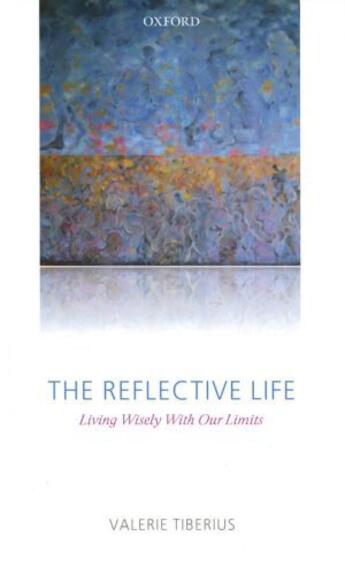-
Nombre de pages : (-)
-
Collection :
(-)
-
Genre :
(-)
-
Thème :
Non attribué
-
Prix littéraire(s) :
(-)
Résumé:
What can we do to live life wisely? You might think that the answer would be to think and reflect more. But this is not Valerie Tiberius's answer. On her view, when we really take account of what we are like - when we recognize our psychological limits - we will see that too much thinking and... Voir plus
What can we do to live life wisely? You might think that the answer would be to think and reflect more. But this is not Valerie Tiberius's answer. On her view, when we really take account of what we are like - when we recognize our psychological limits - we will see that too much thinking and reflecting is bad for us. Instead, we need to think and reflect better. This means that we need to develop wisdom: we need to care about things that will sustain us and give us good experiences, we need to have perspective on our successes and failures, and we need to be moderately self-aware and cautiously optimistic about human nature. Further, we need to know when to think about our values, character, and choices, and when not to. A crucial part of wisdom, Tiberius maintains, is knowing when to stop reflecting and get lost in the experience.
The Reflective Life also considers the issue of how to philosophize about how to live. A recent trend in moral philosophy has been toward what is sometimes called 'empirically informed ethics'. This methodology has not yet caught on in normative ethics, primarily because we cannot conclude anything about what ought to be the case from the facts about what is. Tiberius agrees that this leap should be avoided, but argues that empirical psychology can inform our philosophical theories in interesting ways.
Donner votre avis








